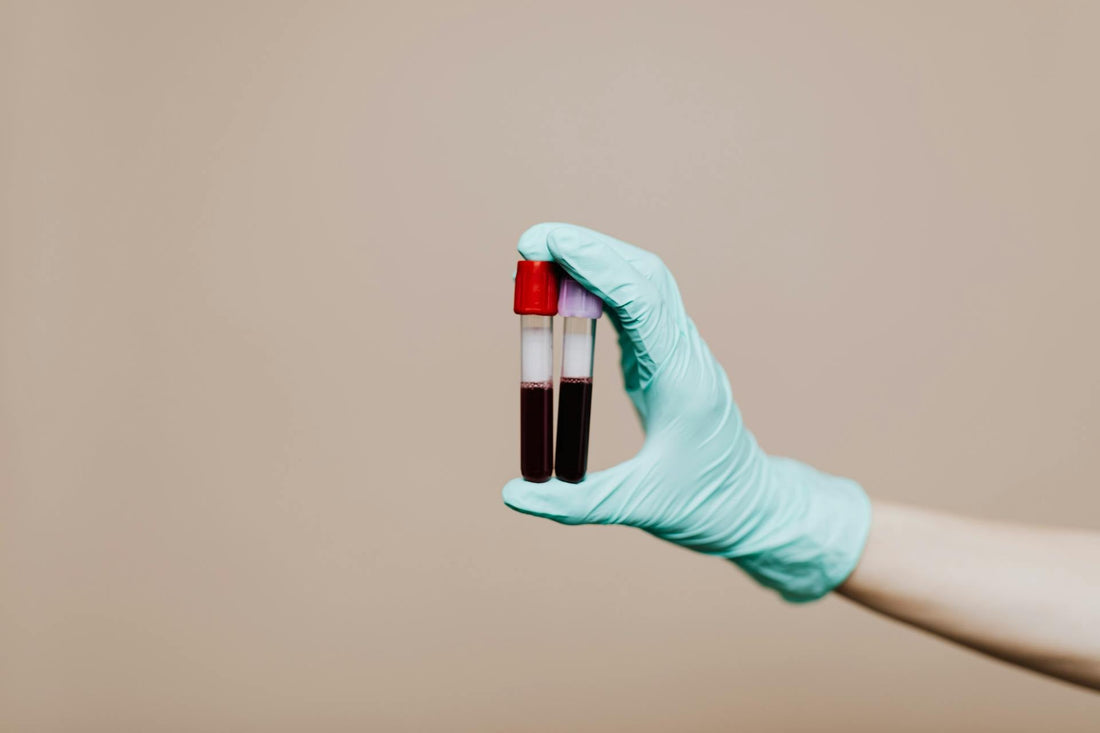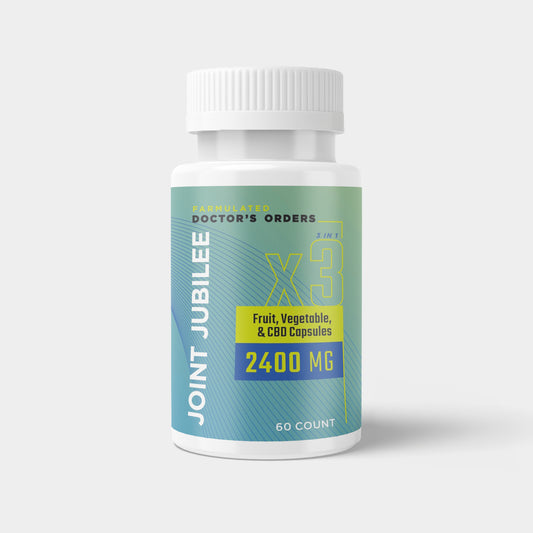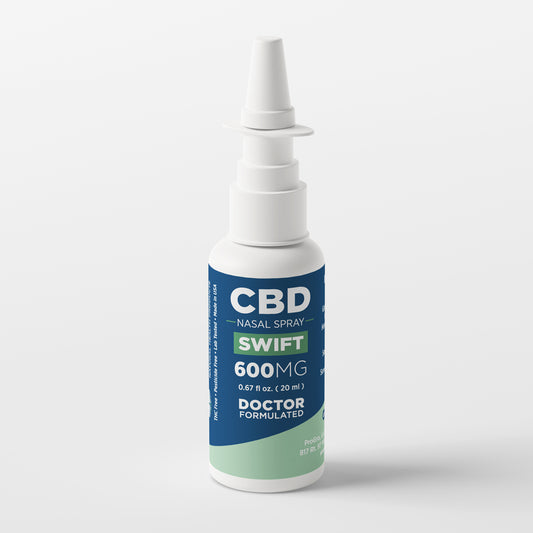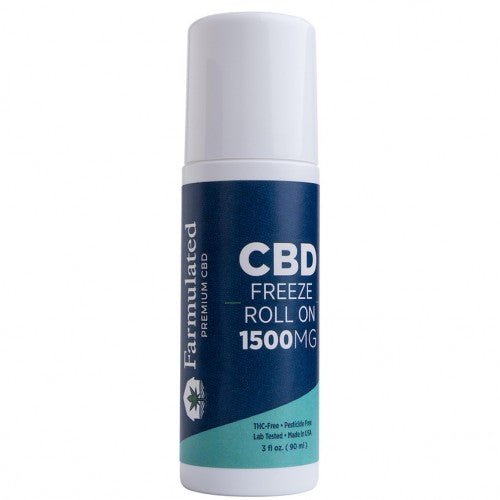If you've ever wondered how long CBD stays in your system, you're not alone. This intriguing topic covers aspects like its metabolism, detection times in different types of tests, and how various consumption methods impact its presence in the body. By understanding these key areas, individuals can better gauge the implications for their personal use or professional testing requirements.
CBD Metabolism and Half-Life
Explaining CBD Metabolism in the Body
CBD is metabolized primarily by the liver, where it's broken down by the cytochrome P450 enzyme system. This process transforms CBD into more water-soluble metabolites for elimination via urine. However, the efficiency of this metabolism can vary based on individual genetic factors and liver function.
Explore our range of CBD oils to understand how different formulations might affect metabolism.
Understanding CBD Half-Life and Its Implication on Detection Times
The half-life of CBD generally ranges from one to two days, but it can be influenced by several factors, such as the frequency of use and dosage. This means that while CBD could leave the bloodstream relatively quickly, traces might linger for a longer period of time in other bodily tissues.
Factors Affecting CBD Metabolism
The Role of Liver Enzymes in CBD Metabolism
The liver enzymes play a pivotal role in CBD's breakdown and removal from the body. Since these enzymes can vary significantly person to person, they greatly affect how quickly CBD is metabolized.
Understanding topical CBD products can also provide insights into how CBD interacts with the skin and enters the bloodstream.
How Individual Differences and Body Weight Can Affect CBD Processing
Each individual's metabolism, body weight, and overall health can significantly impact how CBD is processed and cleared from the body. Lighter individuals or those with faster metabolisms may process CBD quicker than others.
Impact of CBD Dosage and Frequency of Use
Exploring How Dosage and Frequency of CBD Consumption Can Influence Its Detection Window
The amount and regularity with which CBD is consumed can prolong its detectability. Higher doses and more frequent use tend to increase the duration CBD will remain in the system.
Consider using our Full-Spectrum CBD Oil 1000mg as part of your regular wellness routine to explore its effects.
Discussing the Cumulative Effects of Frequent CBD Use on Its Presence in the System
Repeated use of CBD results in a cumulative effect, where it can build up in fatty tissues, potentially lengthening the overall detection window.
Detection Methods: Urine Tests, Blood Tests, and More
Analyzing CBD Detection Times in Urine Tests
Urine tests are primarily looking for metabolites of CBD, which can often be detected for a few days to a couple of weeks after usage, depending on the individual's metabolism and usage patterns.
Understanding How CBD Interacts with Blood Tests for Detection Purposes
Blood tests might detect CBD for a shorter duration compared to urine tests, often only capturing its presence shortly after consumption, making them less common for regular drug testing purposes.
CBD Distribution in the Body: Fatty Tissues and Elimination Process
Investigating the Role of Fatty Tissues in Storing CBD
CBD is lipophilic, meaning it binds readily to fat molecules, storing itself within fatty tissues. This can result in extended presence within the body as it gradually is released and metabolized over time.
Explaining the Elimination Process of CBD From the Body
Once metabolized, CBD is eliminated from the body through urine and, to a lesser extent, feces. The efficiency of these elimination pathways influences how long remnants remain detectable.
Comparing CBD with Other Substances: THC, Interaction, and Solubility
Contrasting CBD and THC in Terms of Detection and Metabolism
While both CBD and THC metabolize in the liver, THC is often stored longer in fat and produces psychoactive effects, leading to different detection windows and legal considerations.
Examining How CBD Interacts with Other Substances and Its Fat Solubility
CBD's fat solubility results in slower, prolonged metabolism and interaction with other fat-soluble substances within the body, potentially altering its overall effects and detection duration.
Diverse Consumption Methods and Their Effects
Comparing Different CBD Consumption Methods and Their Impact on Detection Times
How you consume CBD—whether sublingually, via inhalation, or ingestion—will influence how quickly it's processed and how long it stays in the system. Sublingual and inhaled CBD kicks in fast but also leaves the system faster compared to ingested forms.
Exploring the Efficiency and Speed of Absorption for Various CBD Administration Routes
Different administration methods come with unique absorption rates; for instance, inhaling CBD often results in rapid peak plasma levels, whereas ingestion might yield slower but longer-lasting effects.
Individual Variances and Impact on CBD Detection
Discussing How Individual Differences Can Affect CBD Detection in Tests
Various physiological factors, such as age, genetic makeup, and lifestyle choices, contribute to how CBD is metabolized and eliminated, affecting how long it might be detected in the body.
Considering Genetic Factors and Metabolism Rate in Relation to CBD Presence
The genetic predispositions regarding metabolic rate and enzyme production can significantly impact how long CBD is detectable post-consumption, accounting for a wide range of inter-individual differences.
In Conclusion
In conclusion, understanding how long CBD stays in your system is crucial for users and professionals alike. By delving into the intricate details of CBD metabolism, detection methods, and influencing factors, individuals can make informed decisions regarding their CBD consumption and testing requirements.





